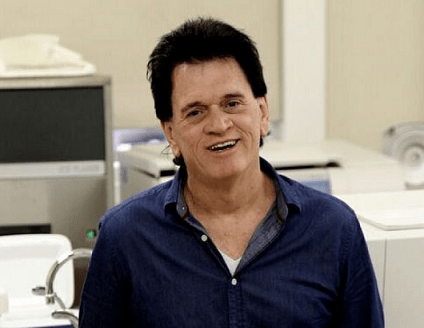
Anti-Cancer Drugs for Advanced and Resistant Breast Cancer
Published: 10/7/19 11:23 PM

Des Richardson
- Project description: Professor Richardson will target treatment-resistant breast cancer tumours with newly developed agents. These new drugs may be able to overcome drug-resistance by hijacking a drug “pump” inside tumour cells that typically removes the drug, preventing it from working effectively.
- Why this work is needed: Finding new treatment options for women with aggressive breast cancer is crucial. The research project is actively seeking new alternatives to target and kill the most drug resistant breast cancer.
- Expected outcomes: These new agents have the potential to pave the way for new treatment alternatives for drug-resistant breast cancer. In addition to the drug development, Professor Richardson will develop simple blood tests to assess the anti-tumour activity of the new treatments to ensure maximum efficacy.
Project details
Breast cancer tumours can become resistant to treatment through a number of mechanisms, including changes within the cells and also in the communication between cells. Unfortunately, many advanced tumours develop drug resistance. This generally leads to a poor prognosis for people with advanced breast cancer.
In previous NBCF-funded projects, Professor Des Richardson has developed a number of new treatments for breast cancer. This includes the drug DpC, which has recently been shown to have effective and safe outcomes in Phase 1 clinical trials. The drugs he has developed are cheap to prepare and able to be taken orally in a tablet form, ensuring ease of access for patients. However, the primary aim of his previous work was to test treatment efficacy and the drugs were not optimised to prevent drug resistance.
This new NBCF-funded study will develop drugs that block two key steps in drug resistance, by binding copper and “hijacking” a drug-pump in tumour cells. In addition to the drug development, Prof Richardson and his team will develop simple blood tests to assess the anti-tumour activity of the new treatments in order to ensure maximum efficacy. These exciting new drugs have the potential to be breakthrough treatment options for advanced drug-resistant breast cancer.